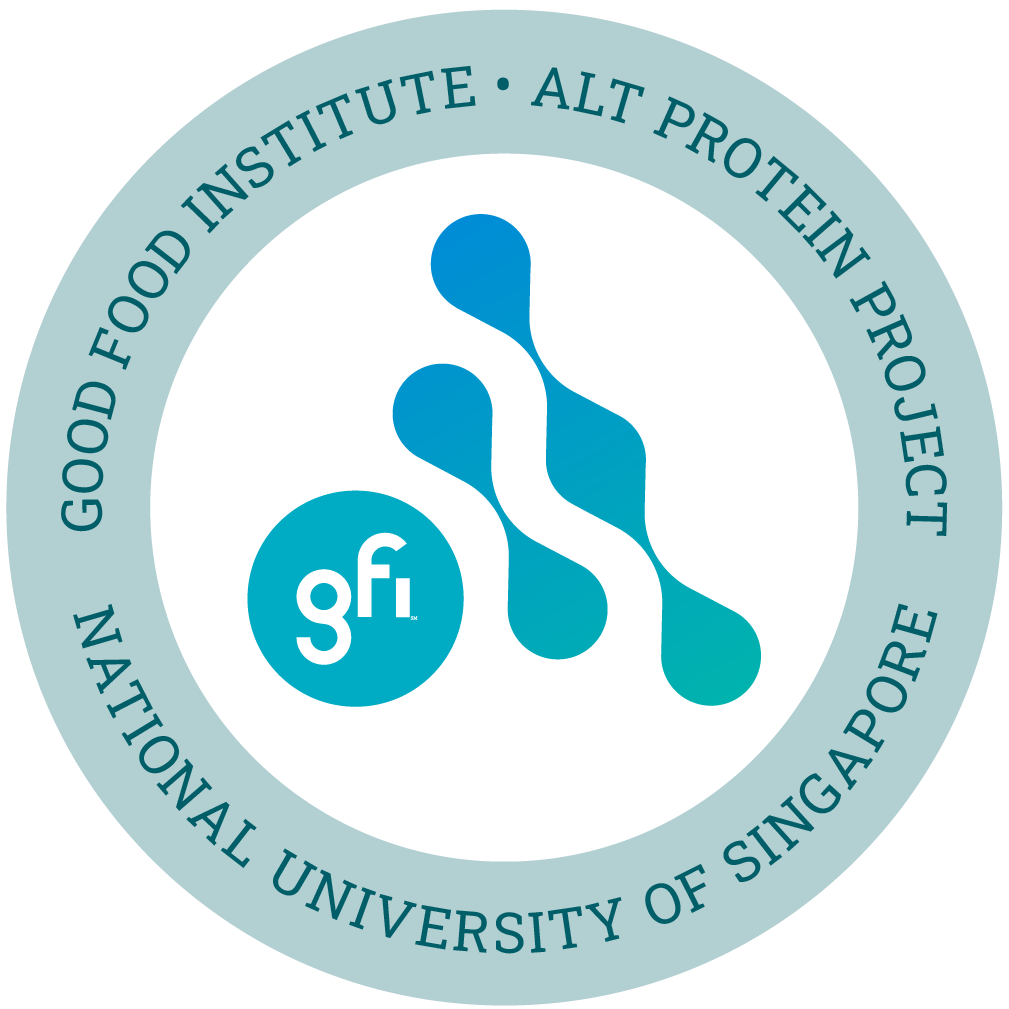
The NUS Alt Protein Project
National University of Singapore
21 Lower Kent Ridge Rd
Singapore,
119077
Singapore
Founded 2022
About
As the top-ranked university in Asia, the National University of Singapore (NUS) is uniquely positioned to lead this alternative protein revolution, backed by its robust track record of innovative research and its vibrant start-up culture.
NUS’s commitment to advancing alternative protein research is evident through its collaboration with GFI to offer one of the world’s first graduate modules dedicated to alternative proteins. This module provides students with a comprehensive understanding of the scientific, technological, and business aspects of alternative proteins, equipping them with the skills necessary to drive innovation in this burgeoning field. By integrating cutting-edge research with practical applications, NUS ensures that its students are at the forefront of developments in alternative proteins.
NUS serves as a dynamic research hub for start-ups, fostering an environment that nurtures the next generation of food technology entrepreneurs. It is home to numerous alternative protein start-ups, including notable companies such as Ants Innovate and Pawsible Foods. These companies benefit from the university’s extensive resources, expert faculty, and state-of-the-art facilities, which support their efforts to develop sustainable and innovative food solutions.
The university’s interdisciplinary approach to tackling the complex challenges associated with food sustainability brings together expert researchers from various fields, including bioengineering, food science, and economics. Research at NUS spans the entire spectrum of alternative proteins, from the development of novel mycoprotein sources to the optimization of cultivated meat production processes.
In addition to its research endeavors, NUS is dedicated to building an open and inclusive community that supports multidisciplinary innovation in the alternative protein field. By fostering collaboration between industry stakeholders, students, and researchers, NUS creates a vibrant ecosystem that encourages the exchange of ideas and the commercialization of new technologies. This collaborative environment not only accelerates the development of alternative proteins but also promotes the broader adoption of sustainable food practices.
